OVERVIEW OF POLANDS
1. GENERAL INTRODUCTION
| Official name: | Republic of Poland |
| Capital: | Warszawa |
| Acreage: | 312,679 km2 |
| Geographical location: | Central Europe, West borders Germany, South borders Slovakia Belarus, Kriane and Czech Republic |
| Population: | ~ 38.5 million people |
| Main language: | Polish language |
| Currency unit: | Zloty (PLN) |
| Big city: | Warszawa, Katowice, Krakow, Lodz, Wroclaw, Warsaw |
Poland is a country located in Central Europe, bordering Germany, Slovakia, Czech Republic, Ukraine, Belarus, Lithuania, Russia and the Baltic Sea. Poland's topography comprises almost all of the lowlands of the Nordic Plains, with an average elevation of about 173m above sea level, with the highest point alone being the Carpathian Mountains forming the southern border.
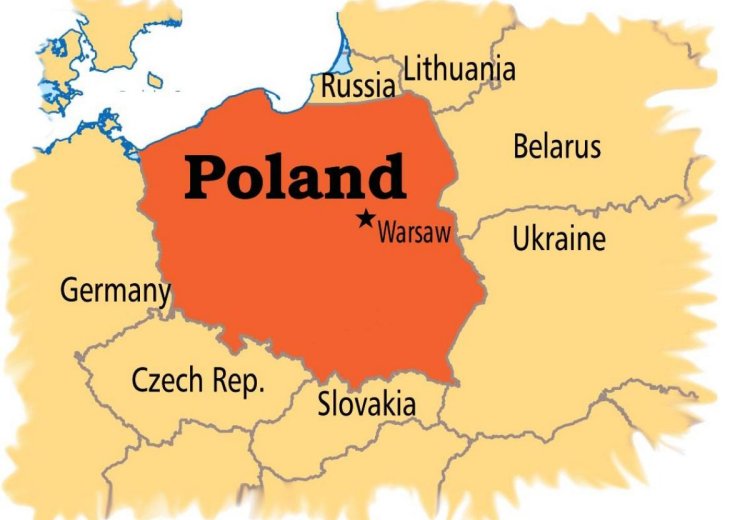
2. NATURE
Poland has the 4th largest forest density in Europe with many large rivers flowing across such as Wisla, Odra, Warta. Besides, this country also owns up to 9,300 different large and small lakes, mainly located in the north of the country, creating picturesque natural scenery. In which, Mazury is the largest lake, attracting the majority of tourists to visit here. Thanks to the large forest area, the ecosystem in Poland is extremely diverse with many different species of animals such as red deer, elk, gray wolf, beaver, etc.
In particular, due to its border with the Baltic Sea, Poland also has a coastline of up to 528km with fine white sand and crystal blue sea. As a result, coming to Poland, students will have the opportunity to enjoy the beautiful natural scenery, at the same time relax, participate in exciting outdoor activities such as volleyball, swimming, camping, etc. …by the beautiful beaches.
3. CLIMATE
Poland has a temperate climate with an oceanic climate in the Northwest and gradually warming, becoming a continental climate in the Southeast. The weather here is quite pleasant, warm in summer and cold and dry in winter. The average temperature across the country is around 20°C – 25°C in summer and -2°C – 5°C in winter, with snowfall.
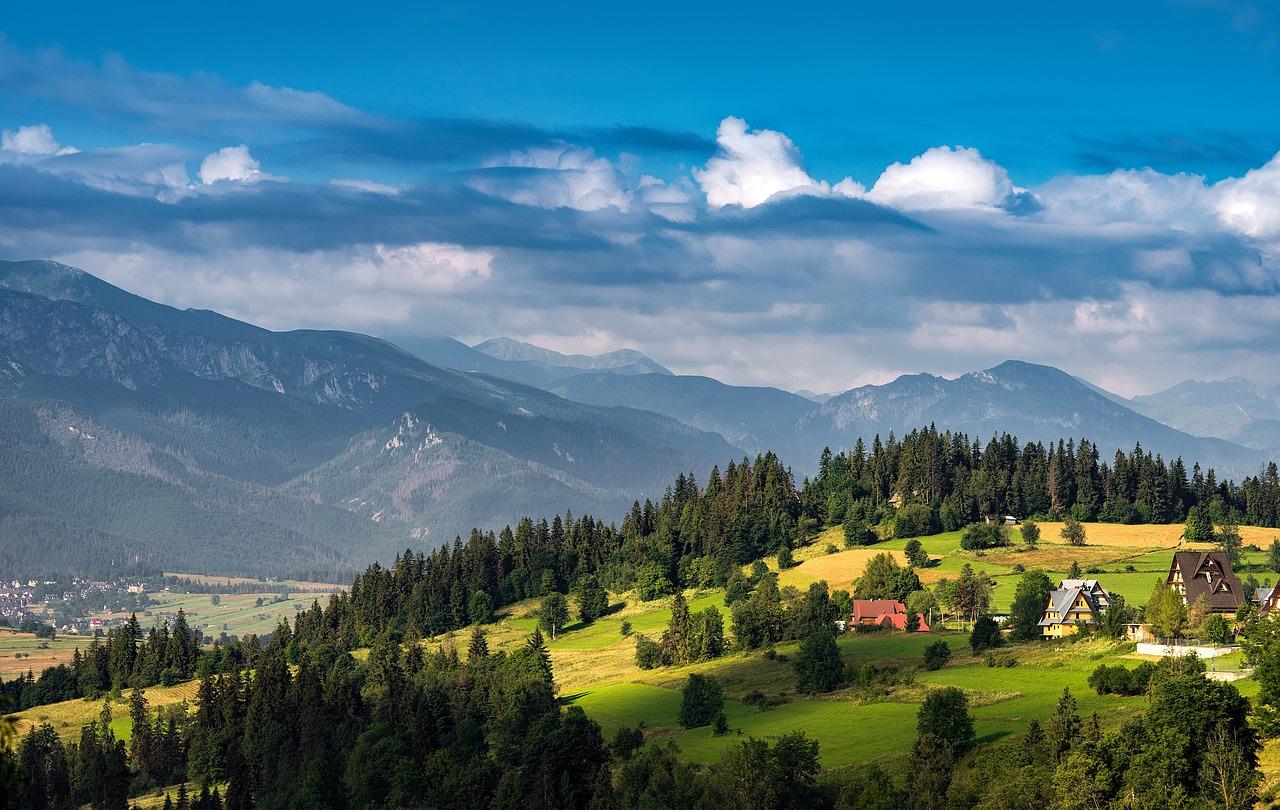
Summer
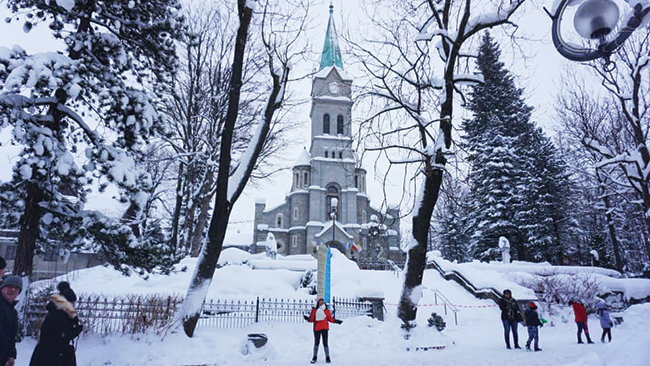
Winter
4. SOCIOECONOMIC
Polandis a country with a very developed economy, is the 6th largest country in the EU and is considered one of the fastest growing economies.
With a history of 1000 years, Polish culture is a cross between the major cultures in Europe, clearly reflected in the architecture, culture and art of this country. Polish is also considered a homogeneous ethnic group in the world with 96.7% of the population being of Polish origin. Therefore, there is no sign of racism, religion and maintain a high level of gender equality and peace promotion.
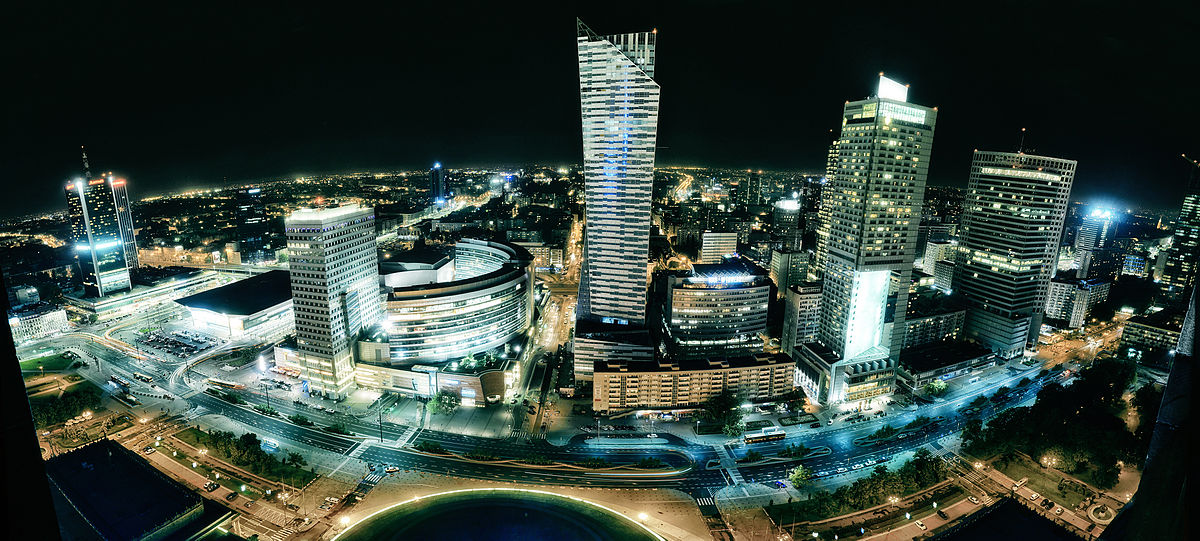
The Polish people are traditionally hospitable to foreigners, advocating for friendly relations with other countries.
Not only that, Poland's crime rate is very low, lower than the index of the Nordic countries. That is why when coming here, international students will easily integrate into a new life as well as not have to worry about safety, living environment, etc.
5. EDUCATIONS
The Polish education system has a tradition of about 650 years with the inheritance of teaching experience from previous generations, professionalism and innovation. Besides, many Polish universities are also among the well-regarded schools with high rankings. The teachers at the schools are all experts with in-depth knowledge and many years of teaching experience. In addition, degrees in Poland are highly regarded by the international community.
Poland is famous for its rich educational system and cultural heritage. Every year, millions of students come to Poland to live and study. After graduating in Poland, you will certainly have job opportunities in any country.
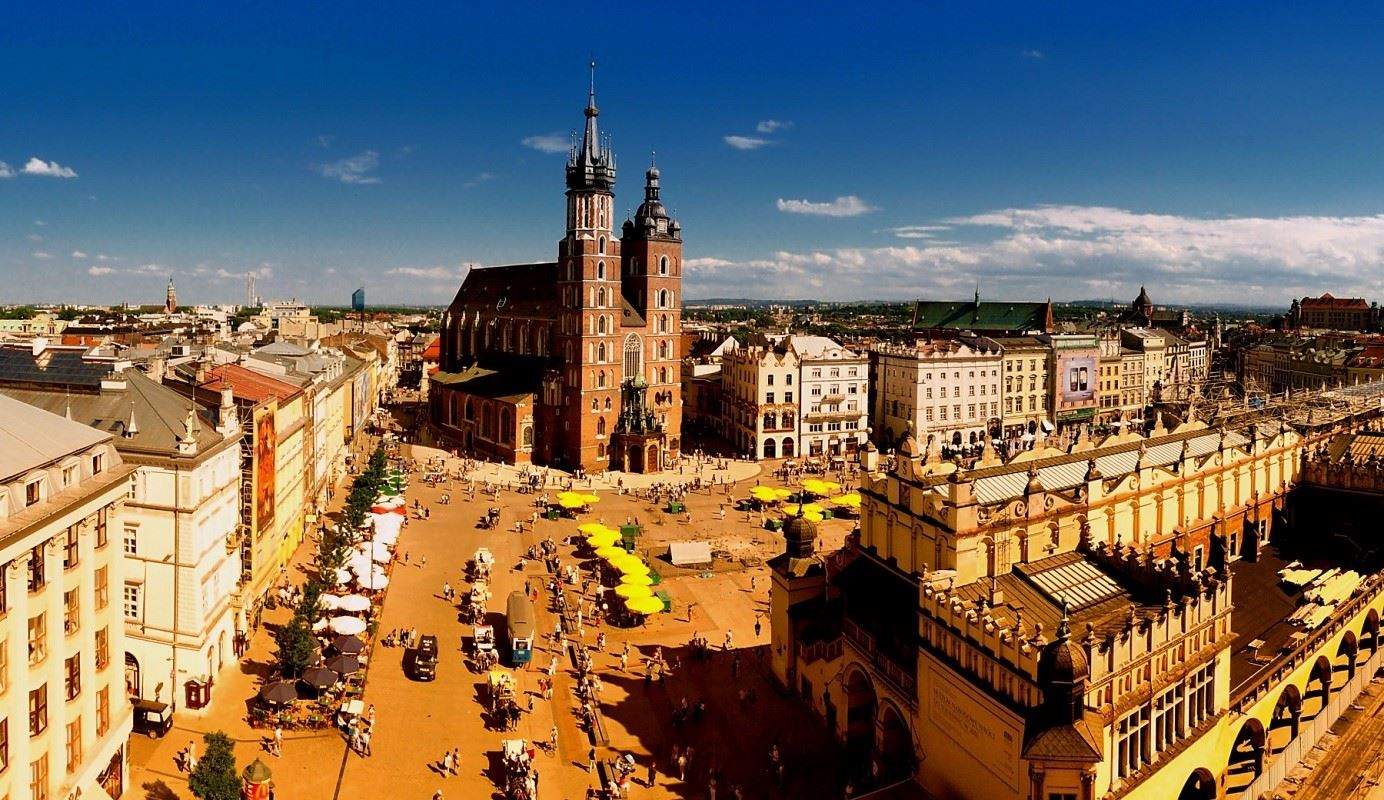
Krakow University of Economics
6. TRAVEL
5 cities that you should not miss when coming to Poland are:
ಥ Warsaw capital: romantic natural scenery, convergence of ancient and modern features.
ಥ Wroclaw City: considered the capital of the Lower Silesian province, where more than 12 diverse islands can be explored.
ಥ The thousand-year-old ancient capital Krakow: famous for its salt sculptures.
ಥ The coastal city of Gdansk: located on the beautiful Baltic coast and is known as the city of freedom and happiness.
ಥ Lodz city: bold unique street art with countless street paintings that are delicately and carefully drawn.
The cultural heritage of Poland recognized by UNESCO:
ಥ Citadel in Krakow.
ಥ The Royal Salt Mine in Wieliczka and Bochnia.
ಥ Puszcza Białowieska Conservation Forest.
ಥ Old city in Warsaw.
ಥ Medieval city district in Toruń.
ಥ Mużakowski Park.
ಥ Hall of the Century (Hala Stulecia) in Wrocław.
Poland is appreciated not only for its quality but also for being very safe and friendly to study and work. Poland is a wonderful place to live and study – you should experience it and feel it!








